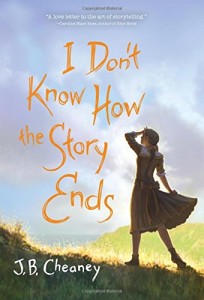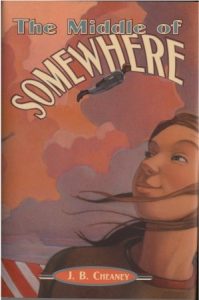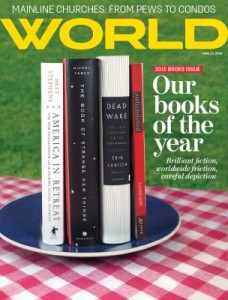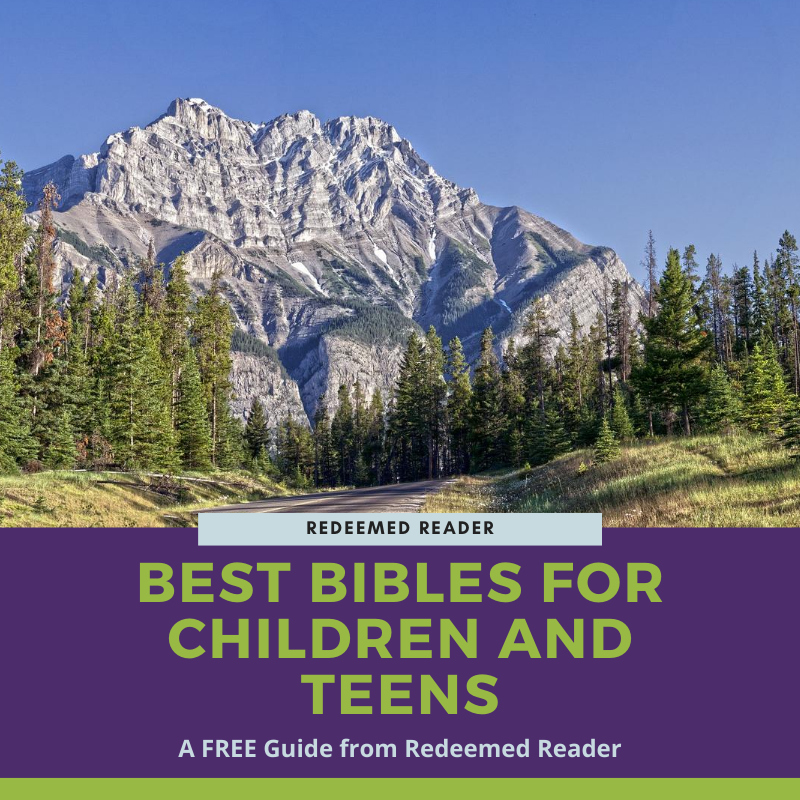Janie’s sixth middle grades novel, I Don’t Know How the Story Ends, is due to hit store shelves this Wednesday (October 6th)! We will be featuring an interview with Janie about the new book in particular in two weeks (so you all have time to read it before then!), but today we are taking the opportunity to pick her brain on writing in general, be it fiction or nonfiction.




Well, you succeed in pushing the reader into the story right along with Isobel’s sister! Some writing skills and techniques are unique to the particular medium while some are indispensable no matter which medium you choose (prose fiction, poetry, literary nonfiction, journalism, etc.). What are some techniques that work no matter what kind of writing you are doing?


You have a terrific way of turning a phrase and using similes and metaphors; you also don’t overdo it. Some gems from I Don’t Know How the Story Ends are “my body felt like it had been wadded up and pushed in the corner.” “Sylvia was sticking to him like a wet lollipop.” “…he was so warm to the topic he was popping like corn.” What are your tips for young writers in developing great figurative language like this without overdoing it?
Every beginning writer must make an effort to avoid cliches (like the plague!). “Cold as ice,” “rough as sandpaper,” and “melting eyes” may automatically occur and will have to be resisted. On the other hand, a reader can always tell when you’re trying too hard. Extended metaphors (e.g. “I felt like a sweltering sandwich, spread with humidity between slabs of sun”) almost never work. It takes a lot of finesse to be able to pull them off. Aim for short and punchy, and think and re-think them to make sure they’re not ridiculous. It takes a lot of work to make it look easy! (I’ve written more about figures of speech on my website, especially similes and metaphors.)
Of the many types of things you’ve written, including curriculum on teaching writing, novels for young people, opinion pieces for World magazine, and editorials and reviews here on Redeemed Reader, which are your favorites to write? Is there one example in particular that is your favorite in a given category?


What are your tips for young, aspiring creative writers?
A lot of people know they want to write, but don’t know what to write about. Or they have an idea for a great story that seems to peter out to nothing. For both groups, I’d say the first part of writing is looking. And listening. The world is an endlessly fascinating place with unlimited material to write about, if we just stop trying to make everything up! Take note of interesting stories, write descriptions of interesting-looking people, listen for an unusual turn of phrase or dialect. Try writing brief vignettes of scenes from vacations or walks around the neighborhood. Exercises like this will limber up your writing “muscles” and teach you to be observant.
Thanks, Janie! Do YOU have a question for Janie? Put it in the comments! book cover images from amazon; World cover from World
Stay Up to Date!
Get the information you need to make wise choices about books for your children and teens.
Our weekly newsletter includes our latest reviews, related links from around the web, a featured book list, book trivia, and more. We never sell your information. You may unsubscribe at any time.
Support our writers and help keep Redeemed Reader ad-free by joining the Redeemed Reader Fellowship.
Stay Up to Date!
Get the information you need to make wise choices about books for your children and teens.
Our weekly newsletter includes our latest reviews, related links from around the web, a featured book list, book trivia, and more. We never sell your information. You may unsubscribe at any time.
FREE Bible Guide!
Get a guide to the Best Bibles for Children and Teens. Perfect for an Easter gift.
We'd love to hear from you!
Our comments are now limited to our members (both Silver and Golden Key). Members, you just need to log in with your normal log-in credentials!
Not a member yet? You can join the Silver Key ($2.99/month) for a free 2-week trial. Cancel at any time. Find out more about membership here.

